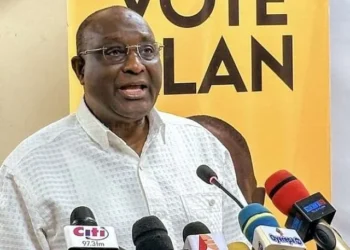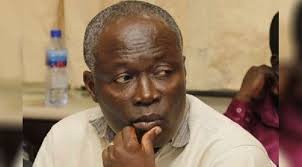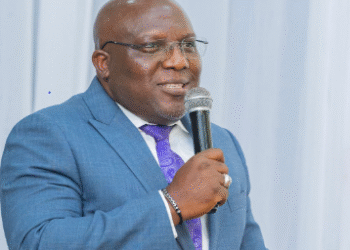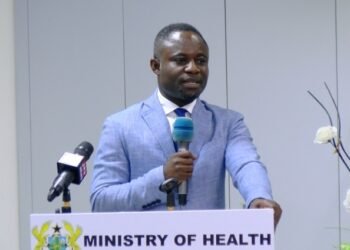Ghana has secured a $30 million grant from the Government of the People’s Republic of China to finance the construction of a state-of-the-art market in Aflao, a strategic commercial enclave in the Volta Region.
The agreement, which was formally signed by Ghana’s Minister for Foreign Affairs, Hon Samuel Okudzeto Ablakwa in Accra, marks a significant step towards fulfilling President John Dramani Mahama’s 2024 campaign promise to develop the border town into a thriving economic hub.
The Chinese Ambassador to Ghana, His Excellency Tong Defa, also signed the agreement on behalf of the Chinese Government.
The event underscores a deepening partnership between Ghana and China and a shared commitment to infrastructural and economic development across the West African sub-region.

The Foreign Minister, Hon. Samuel Okudzeto Ablakwa, who signed the agreement on behalf of the Government of Ghana, confirmed that the funds will be exclusively dedicated to building a modern market complex in Aflao.
“On the express instructions of President John Mahama, the funds will be used to construct a modern market in Aflao, consistent with his promise during the 2024 electioneering campaign”.
Ghana’s Minister for Foreign Affairs, Hon Samuel Okudzeto Ablakwa
The Foreign Minister, himself a native of the Volta Region, highlighted the symbolic and practical significance of the project, pointing to the role Aflao plays as a vital trading hub connecting Ghana to Togo and the larger West African market.
The new market is expected to link economic activities between Ho, the regional capital, and Lomé, the Togolese capital, creating a corridor of commerce and regional cooperation.
This is not the first time Ghana has benefited from such support from China. Hon. Ablakwa recalled that during the late President John Evans Atta Mills’ administration—with then Vice President John Mahama playing a key role—a similar grant from China was secured and used to construct the now-iconic Kotokuraba Market in Cape Coast.
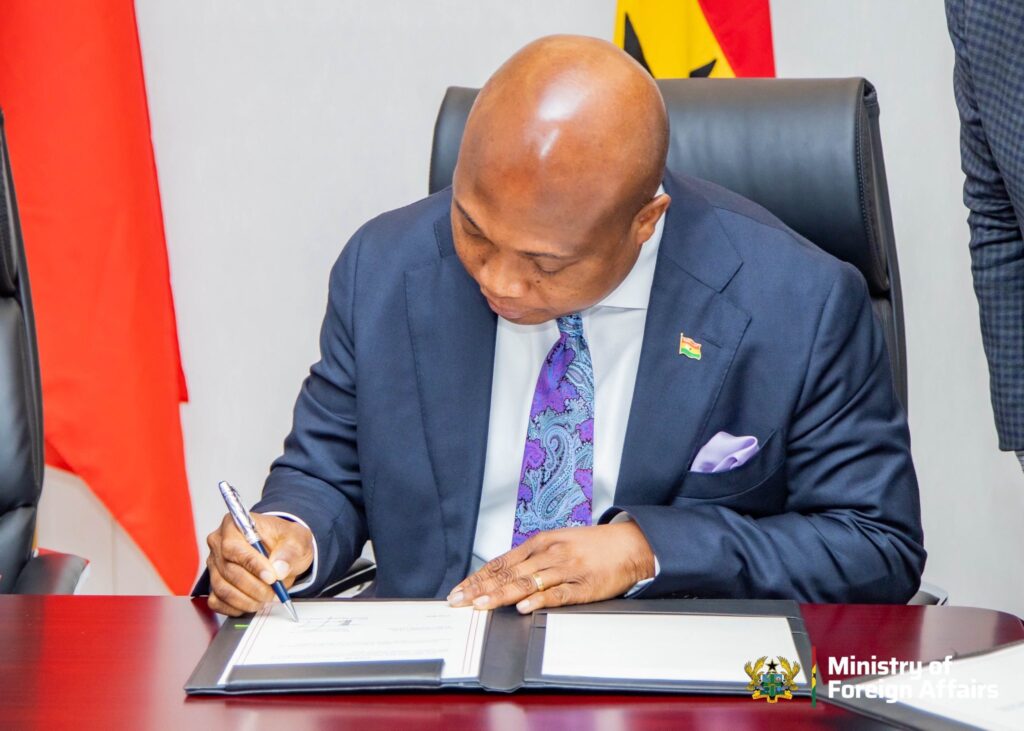
According to him, the completion of the market during President Mahama’s first term has become a landmark model of modern market infrastructure in Ghana, providing decent facilities for thousands of traders and contributing significantly to local economic development.
By choosing to replicate this model in Aflao, the Mahama-led government aims not only to honor a campaign promise but also to create a lasting legacy in market modernization that directly impacts the livelihoods of everyday Ghanaians.
The initiative is seen as part of the President’s renewed focus on inclusive development that emphasizes rural and border town upliftment in a manner that integrates regional economies.
The Aflao market project is also timely, coming at a moment when the government is accelerating its regional equity agenda and addressing long-standing infrastructure deficits in historically underserved areas.
With Aflao being both a key entry point into Ghana and a major node of informal trade across the Ghana-Togo border, modernizing its central market is expected to formalize and expand trading activities, provide jobs, and improve sanitation and public health conditions for both traders and consumers.
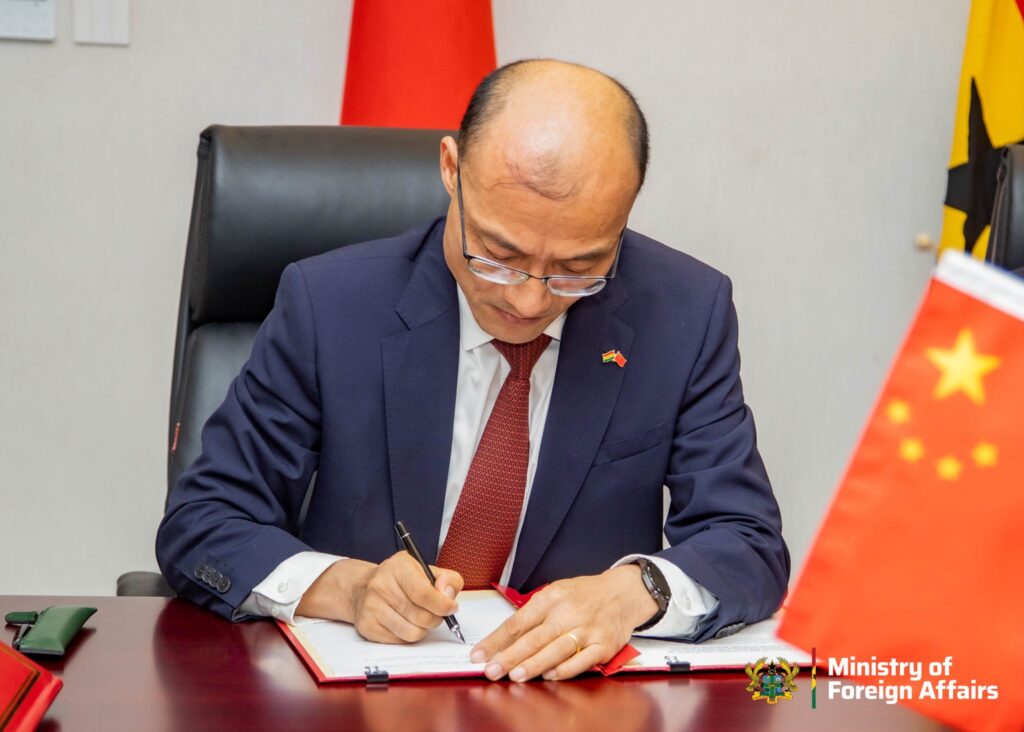
The agreement further cemented Ghana’s strong bilateral ties with China. Over the years, Chinese grants and concessional loans have financed various infrastructural projects across Ghana, including roads, hospitals, and educational facilities.
However, this particular grant distinguishes itself by being non-repayable—a gesture that underscores the strength of the two countries’ diplomatic relationship.
The signing ceremony was held at a time when the Mahama administration is ramping up its engagement with strategic international development partners to bridge financing gaps in public infrastructure, particularly in markets, housing, and transportation.
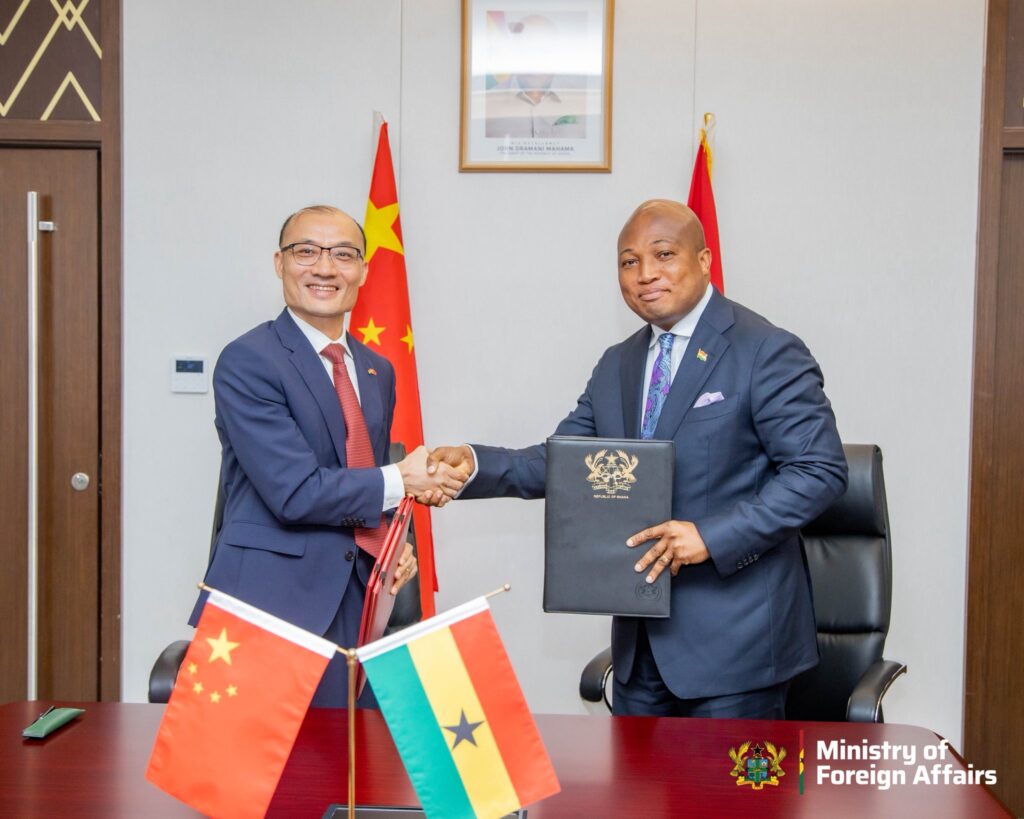
President Mahama has made it a policy priority to ensure that government infrastructure projects reflect both equity and economic logic, giving rise to initiatives that connect regions, enhance productivity, and create inclusive spaces for commerce.
In closing his statement on the signing, Hon. Ablakwa invoked a patriotic sentiment, reaffirming his commitment to serve with integrity and in accordance with the President’s vision.
“For God and Country,” he wrote, signalling that the project was not only a political commitment fulfilled but a national priority executed in good faith.
READ ALSO: Databank Forecasts Prolonged Slump in T-Bill Demand Over Low Yield Concerns




